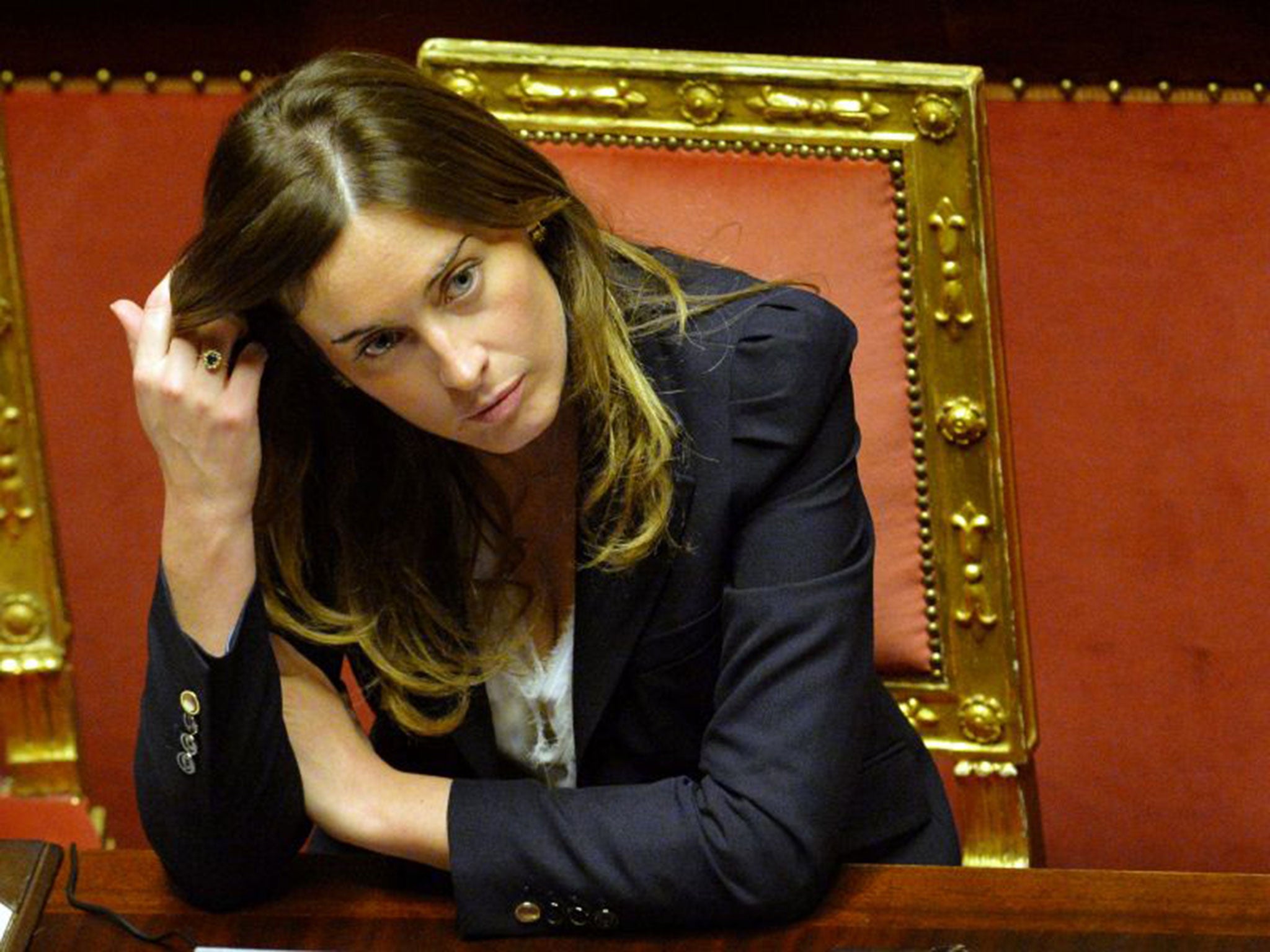Italy has finally designed a democracy that can make a decision – but the final word goes to our citizens
Italy is on the cusp of great change. Our economy is growing and our position in Europe is changed from the source of problems to the provider of their answers

Your support helps us to tell the story
From reproductive rights to climate change to Big Tech, The Independent is on the ground when the story is developing. Whether it's investigating the financials of Elon Musk's pro-Trump PAC or producing our latest documentary, 'The A Word', which shines a light on the American women fighting for reproductive rights, we know how important it is to parse out the facts from the messaging.
At such a critical moment in US history, we need reporters on the ground. Your donation allows us to keep sending journalists to speak to both sides of the story.
The Independent is trusted by Americans across the entire political spectrum. And unlike many other quality news outlets, we choose not to lock Americans out of our reporting and analysis with paywalls. We believe quality journalism should be available to everyone, paid for by those who can afford it.
Your support makes all the difference.As Charles Dickens wrote: “It was the best of times, it was the worst of times; it was the age of wisdom, it was the age of foolishness." Certainty eludes me as to which end of the spectrum our times should be placed, but of one thing I am sure: this is, for Italy, an age of great changes.
The first change occurred 12 April, with an amendment to the Italian constitution which simplifies the way in which government institutions work – a reform that has finally seen the light of day after more than 30 years of fruitless attempts.
The number of Senators, appointed by mayors and regional representatives, is cut from 315 to 100. The Senate’s functions are reduced, while the vote of confidence to the Government will be entrusted solely to one house, the Chamber of Deputies. Meanwhile, the cumbersome procedure requiring a bill to be sent back and forth between the two chambers until an identical text is adopted by both will finally cease.
We now have a clearer division of powers and responsibilities between the central government and the regions. The confusion and conflicts that have damaged the country as whole, its businesses and its citizens, will be brought to an end. Decisions on energy, environment and major infrastructure works will be brought back under the central government’s controls.
The economic growth of a nation and the wellbeing of a community are linked to its institutions and its electoral system. Everything is connected; to play the piano well, one needs to use the whole keyboard. For this reason in the past two years, the Government has carried out reforms in many different fields – the labour market, taxation, justice, education, public administration – and these initiatives are beginning to bear fruit.
Our economy is growing and the Italian position in Europe has changed from the source of problems to the provider of their answers. In this respect, it is significant that Italy has regained credibility in tackling two of the greatest challenges facing us, next to international terrorism: the dilemma of economic growth, and the need to provide a long term solution to the issue of migration.
We know that there is still a lot of work to do in order to catch up and fill the gap accumulated over the last 20 years, but Italy has finally re-started its engines. If we can proudly say that Italy has its house in order it is also because, having written a new electoral law which will ensure stability and governability, we are about to reform our institutions.
Our goals are to establish a democracy capable of making a decision. The final word will be up to the citizens. At next October’s referendum, each of us will be called upon to decide which kind of future we want for our country, by saying “yes” or “no” to constitutional reforms.
Quoting the economist Dag Hammarskjöld, I believe that the Italian people will choose to say, “To the past: thanks. To the future: yes".
Maria Elena Boschi is the Italian Minister for Constitutional Reforms
Join our commenting forum
Join thought-provoking conversations, follow other Independent readers and see their replies
Comments